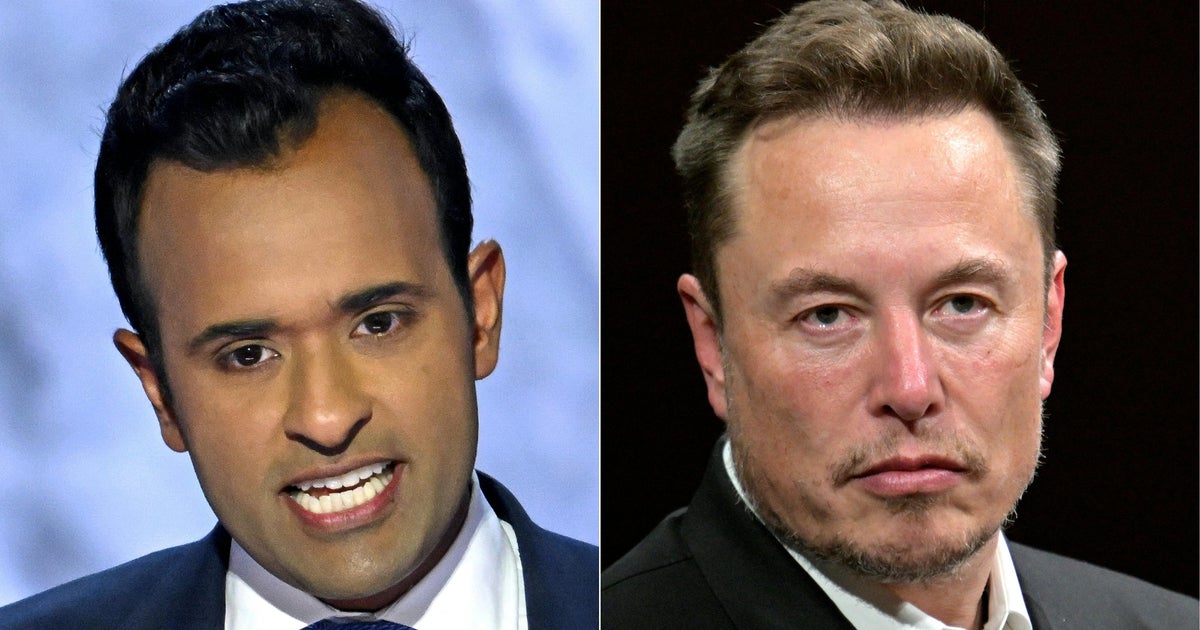Will White House-bound Trump finally let go of his business empire?
So just what will Donald Trump do with his far-flung assets now that he is headed to the White House? The short answer: whatever he wants.
There are no rules regulating what President-elect Trump, as well those who occupied the Oval Office before him, were required to do regarding putting their wealth in a “blind trust.”
Such a trust would be fully controlled by an independent manager, and the trust beneficiary -- namely Trump --- would in principle have no knowledge of how the assets are disposed. The trust would then be turned back over to Trump after leaving office.
The question is whether that is in the cards for Trump following his stunning electoral victory over Democratic nominee Hillary Clinton.
The best indication of what will take place comes from Trump himself -- both in words and actions. When asked in September if he’d cut ties to his real estate empire and Trump-branded products, he told Fox News that “I will sever connections, and I’ll have my children and my executives run the company and I won’t discuss it with them.”
Trump the man is famously synonymous with his brand, a point he has worked long and hard to underline. When attacked this summer by the Muslim father of a decorated veteran who died during the Iraq war, for example, Trump responded by pointing to his career building hotels as a sign of patriotism.
In the middle of his hard-fought campaign against Clinton, Trump drew criticism for making a side trip to Scotland to promote his hotel and golf course there, the Trump International Golf Links with its “stunning Scotch baronial mansion.”
Trump had proven himself largely immune to media criticism, which may incline him to ignore stories about potential conflicts of interest, such as his holding of real estate in turbulent places like Istanbul and former Soviet satellites, as well as investments in scandal-ridden companies in South Korea. He has resisted all attempts to make public his tax returns – even after the New York Times leaked details of a $916 million tax loss that may have allowed him to forgo paying taxes for almost 18 years.
Certainly, no one expects Trump to sell his properties at a time when his name is front and center. Instead, many people may flock to his hotels and recreational resorts now that he’s president. After all, New York City’s Trump Tower on 57th Street, with its glittering gold lobby, has always been a tourist destination.
If Trump is criticized for not using a blind trust, he can always point to President Obama, who also declined to use such a legal instrument to house his assets, which included book royalties, while in office. Obama supporters note that most of his holdings are “plain vanilla,” such as U.S. Treasuries, which were unlikely to be affected by anything he did in office.
Much of what has been written about Trump’s holdings and potential conflicts of interest have come from Michael Bloomberg’s media and financial empire. Ironically, one-time Republican Bloomberg, who supported Hillary Clinton, never actually put his company’s assets in a blind trust when he became a three-term mayor of New York City, and he was criticized for maintaining close connections between the mayor’s office and his company.
After entertaining thoughts of turning over at least some executive functions at the company to investor Steve Rattner during a possible run for president in 2008, Bloomberg is back in charge and owns 88 percent of what is likely a $46 billion empire, making him worth more than 10 times as much as Trump.
The upshot? Politicians may put their financial holdings on a shelf while they hold office, but no one who’s built a company from scratch -- and put their name on every aspect of it -- is likely to let go of it willingly.




